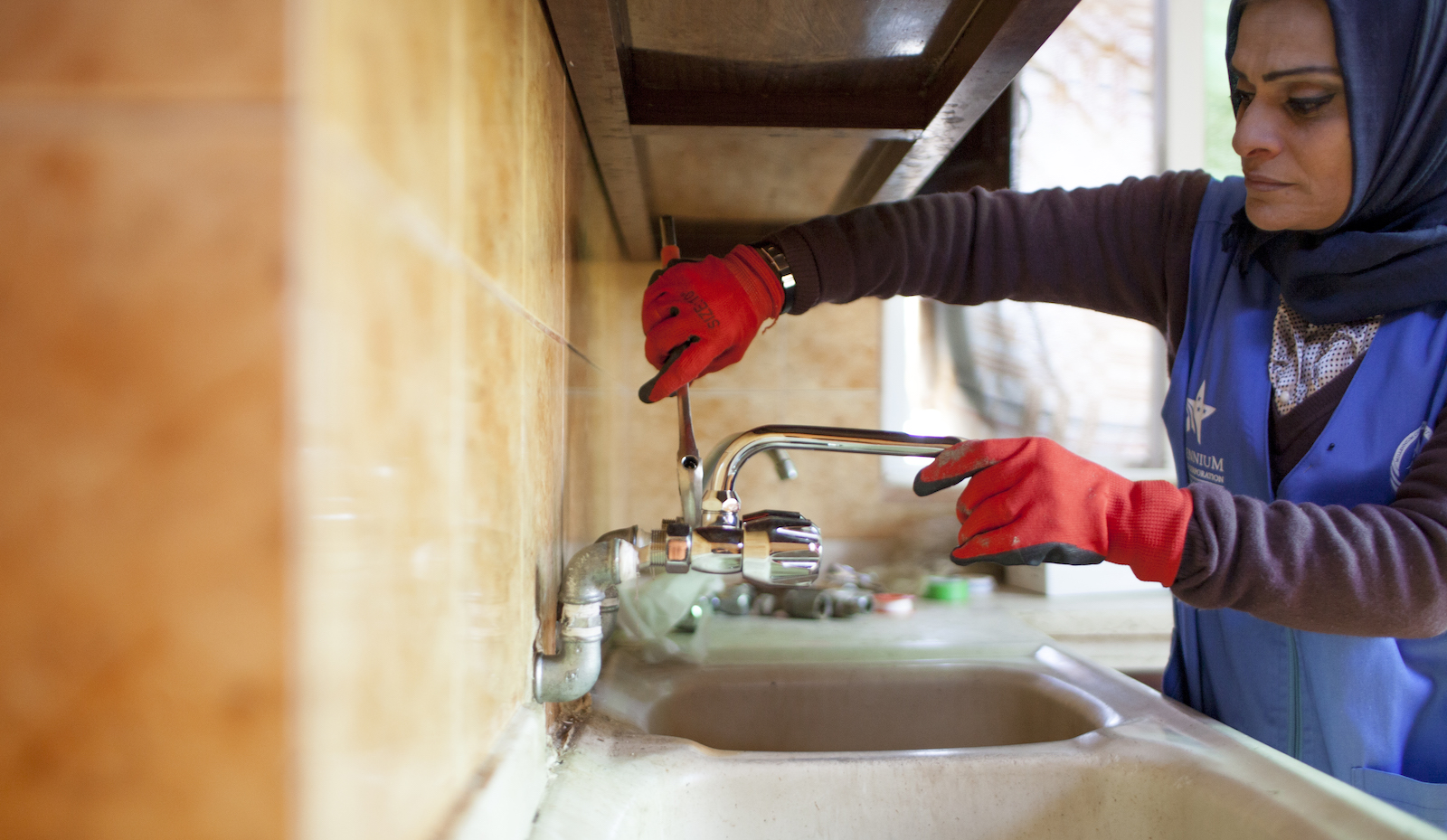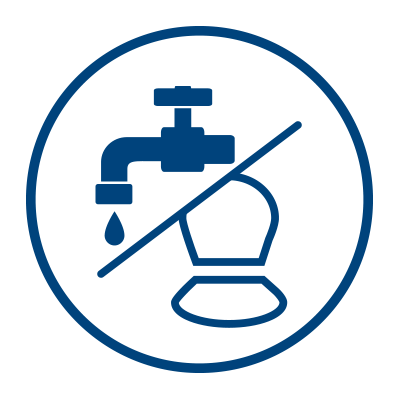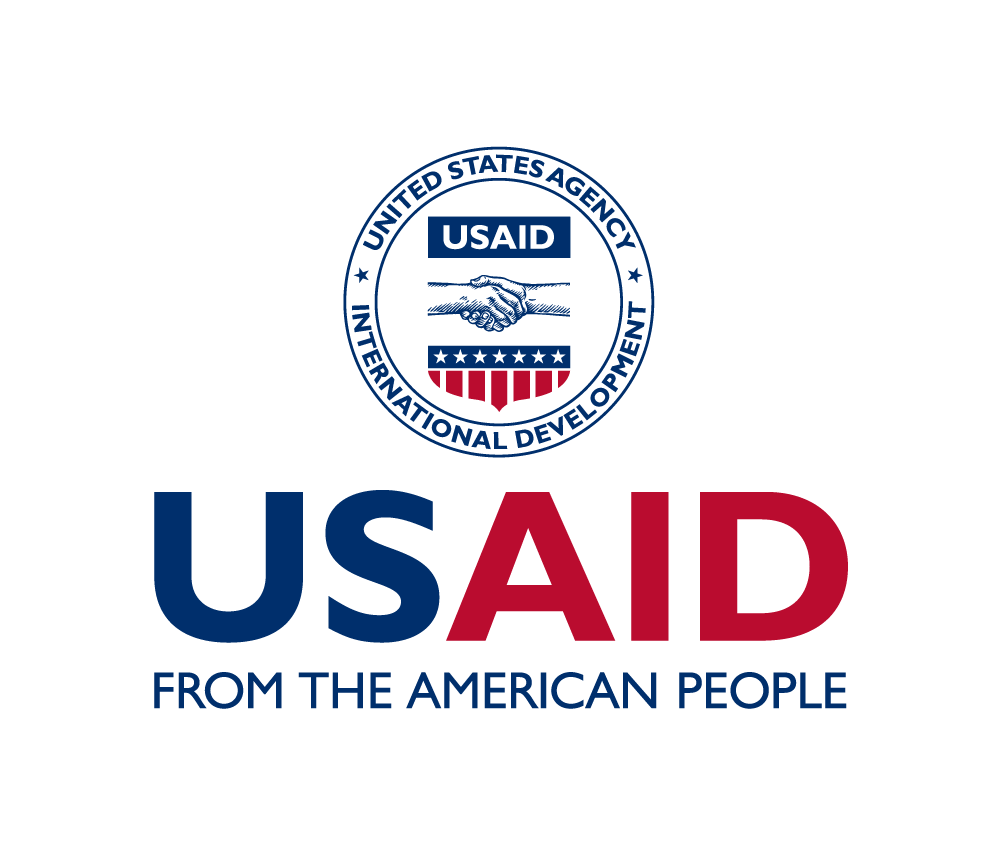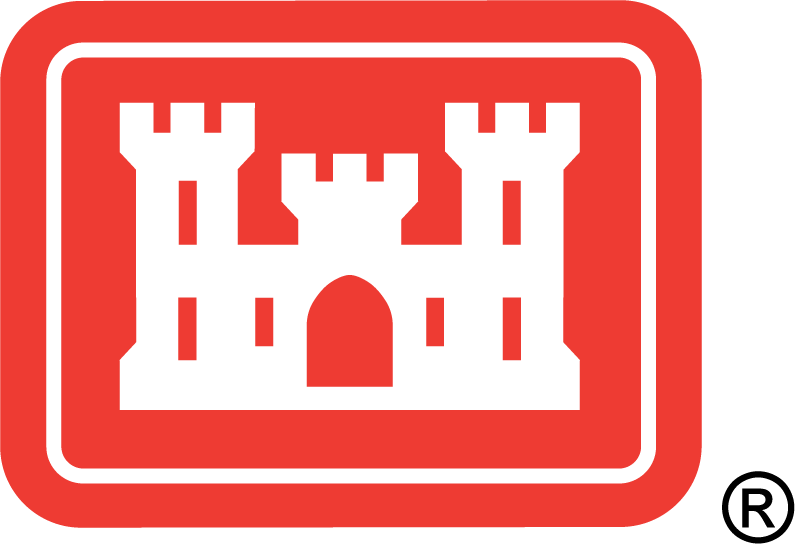New Opportunities for Growth and Stability in Jordan’s Water Sector

The Story
The Millennium Challenge Corporation’s (MCC) partnership with the Government of Jordan transformed the nation’s water infrastructure, creating new opportunities for growth and stability in one of the most water-poor countries in the world. The $275.1 million investment helped improve water delivery to a region known as the Zarqa Governorate. Located east of the capital city of Amman, Zarqa is home to more than 1 million people. Through the Jordan Compact, 1,160 km of new pipelines for water and wastewater were constructed, bringing water to more citizens and businesses in Zarqa and reducing water losses from leaky pipes that were replaced. Reinforcement and expansion of the wastewater network extended the sewer system to nearly 55,000 additional people, collecting more wastewater for treatment.
The Jordan Compact also included a project to expand the As-Samra Wastewater Treatment Plant in partnership with a private sector operator who mobilized a portion of the construction costs. The financing structure of this highly acclaimed public-private partnership made it possible to expand the plant’s capacity by more than a third, enough to meet the region's wastewater treatment needs through 2025. The plant is the primary facility for treating wastewater from Jordan’s Amman and Zarqa governorates, and it can now provide world-class treatment for 70 percent of the nation’s current wastewater. Critically, treated wastewater from As-Samra supplies much-needed irrigation water for farms in the Jordan Valley, thus freeing up fresh water for household uses.
The As-Samra plant was originally built with support from USAID, and it had been operating near capacity prior. Without expansion, it risked overloading, which would have compromised its ability to treat wastewater properly. In the event of deteriorating treatment, the farmers who relied on treated water for irrigation would have faced potentially serious food safety risks and the loss of markets for their agricultural products. The success of the public-private partnership approach in expanding the As-Samra plant in Jordan will serve as a model as MCC works with its partner countries to mobilize and attract the capital, expertise, and efficiency of the private sector to deliver high-quality, affordable, and sustainable development outcomes.
The Jordan Compact also helped train thousands of citizens on best practices in water conservation and provided instruction and job opportunities to women interested in becoming plumbers. Effective procurement strategies and careful management of expenses enabled savings that were reallocated to fund the installation of additional sewer pipes, the construction of a new water utility building in Zarqa, and the purchase of sewer cleaning vehicles to clean and maintain the wastewater networks in Zarqa and Amman. The compact’s investments were coordinated with USAID assistance and responded to Jordan’s appeal for more long-term support for the country’s water and wastewater infrastructure. The U.S. Army Corps of Engineers also served as MCC's technical advisor for all infrastructure projects.
Find More
Strategic Objective(S)
 Access to Safe Drinking Water and Sanitation
Access to Safe Drinking Water and Sanitation
 Governance and Financing
Governance and Financing





Highlight